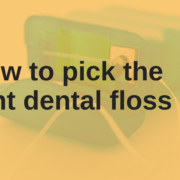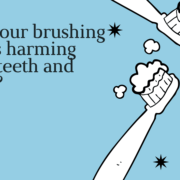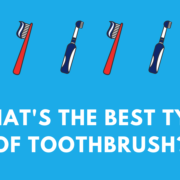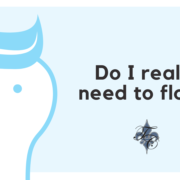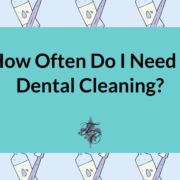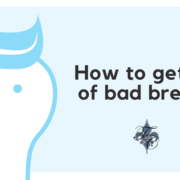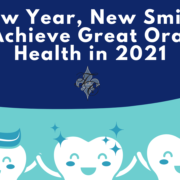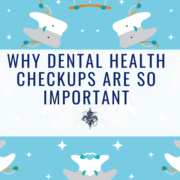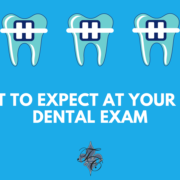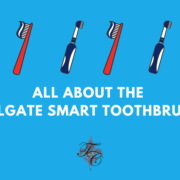How to pick the right dental floss
Flossing plays an integral role in maintaining oral health. It cleans the surfaces of your teeth that were unreachable by brushing. Neglecting oral health can lead to severe problems, including gum disease, cavities, and the growth of bacteria in the spaces between your teeth.
The article focuses on the importance of flossing and things one must consider while purchasing dental floss.
When should you floss?
Dentists recommend flossing at least two times a day. However, once during the day, also maintain your oral health. Flossing does not have any particular time. One can floss anytime during the day. However, flossing at night is effective as it removes all the particles left between your teeth during the day.
It is important to note that floss strands lose their potential after a single-use. Reusing the same strand may cause serious diseases. Similarly, sharing a piece of floss is also an open invitation to bacteria.
Things to consider before Purchasing A Dental Floss
Flossing is essential for oral health. It helps in getting rid of the plague and prevents diseases. There are certain things one must consider while purchasing dental floss. Some essential factors to consider before making the final purchase are as follows.
Decide the Type of Floss
Flosses come in different types catering to a different set of teeth. People with larger gaps must pick an extra thick dental floss. Choosing a thicker floss removes the surfaces of your teeth easily.
On the other hand, people with crowded teeth must opt for thin flosses. Go for single-strand flosses, as they will effectively clean the surfaces of the teeth.
Decide Between Flavored or Unflavored
Dental flosses also come in flavors. Flavored flosses make flossing enjoyable and may encourage you to floss often. However, people who do not enjoy flossing their teeth with flavored floss can purchase unflavored floss.
Choose between Waxed or Unwaxed
People with crowded teeth should opt for waxed floss as it perfectly flosses your teeth. However, people with gaps between their teeth should go for unwaxed floss, as it will effectively remove tartar from your teeth.
Price
Nylon and monofilament are the two most dominant flosses in the market. Being cheaper than the latter, nylon is a better choice for people looking for less pricey floss. Nylon flosses come in different thicknesses and flavors also. However, monofilament is stronger than nylon but expensive.
Check the seal
With a wide range of flosses available in the market, it is vital to check the dental association seal before you purchase the dental floss. Do not risk your oral health for money.
Why is Flossing Important?
American Dental Association (ADA) reveals that floss plays a vital role in oral hygiene. Skipping flossing means providing an opportunity for particles to stay between your teeth’ spaces. The particles infect your teeth and cause tooth decay and gum diseases with time.
American Dental Association (ADA) has emphasized oral hygiene and highlighted its importance. Following are some reasons how flossing helps you.
Prevents Bad Breath
People often look for ways to cure bad breath. They carry mint gums or use mouthwash for minty and fresh breath. However, these solutions are only temporary. Flossing helps remove tartar and buildup particles from your teeth that cause bad breath. Flossing twice a day will help you get rid of bad breath and provide the confidence to talk to people without worrying about your breath.
Reduces the risk of cavities
The buildup of tartar leads to tooth decay, leading to a cavity. Even though it does not happen in hours or days, neglecting your oral health can lead to severe infections. Flossing reduces the chances of tartar, which further lowers the risk of cavities.
The Bottom Line – Contact a Dentist today
Flossing plays a vital role in removing the plague. It removes buildup particles between the teeth and lowers the chances of gum line diseases. Dentists emphasize flossing regularly to minimize the chances of cavities and other tooth infections.
At Tim Chauvin, DDS & Associates, we offer high-quality services to patients across Lafayette and surrounding areas. Give us a call at (337) 234-2186 or book an appointment to start your journey towards healthier and beautiful smiles.

